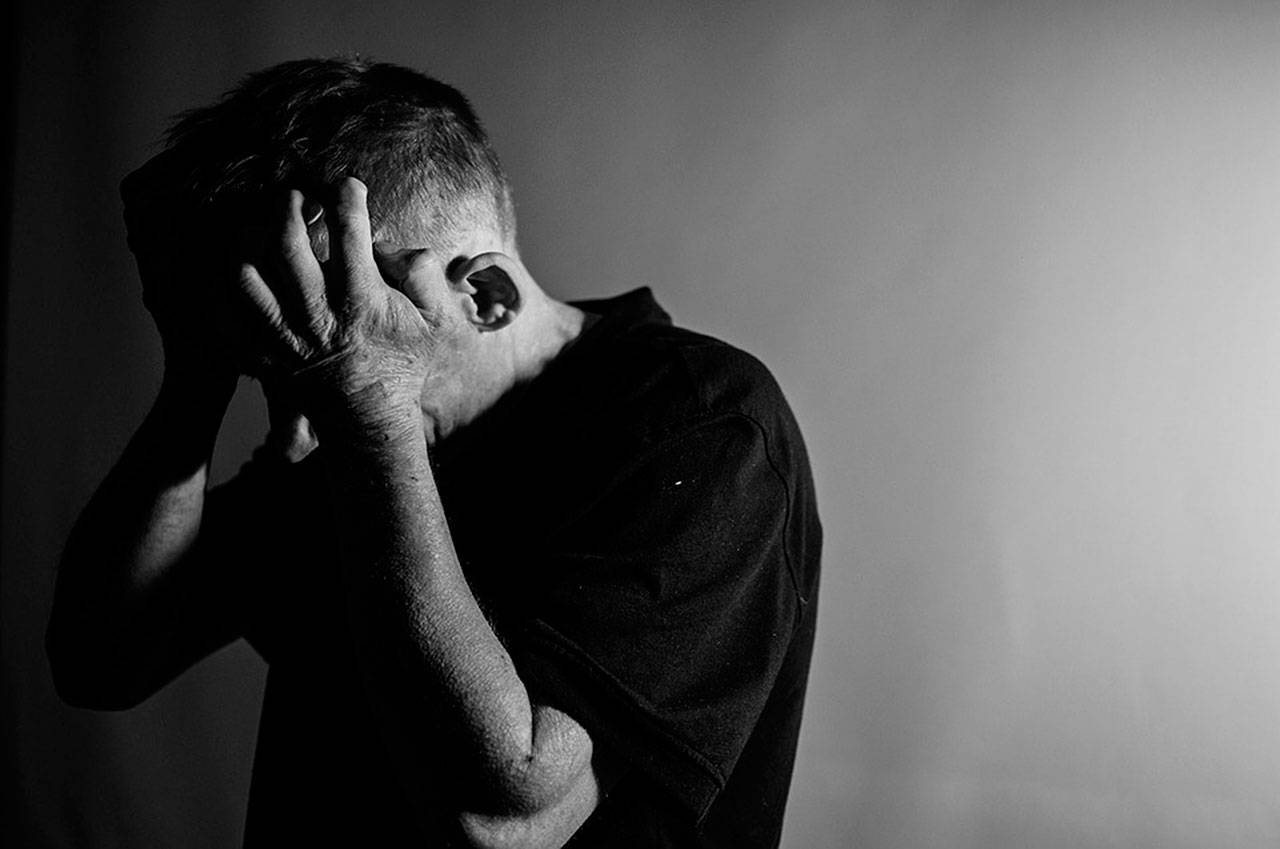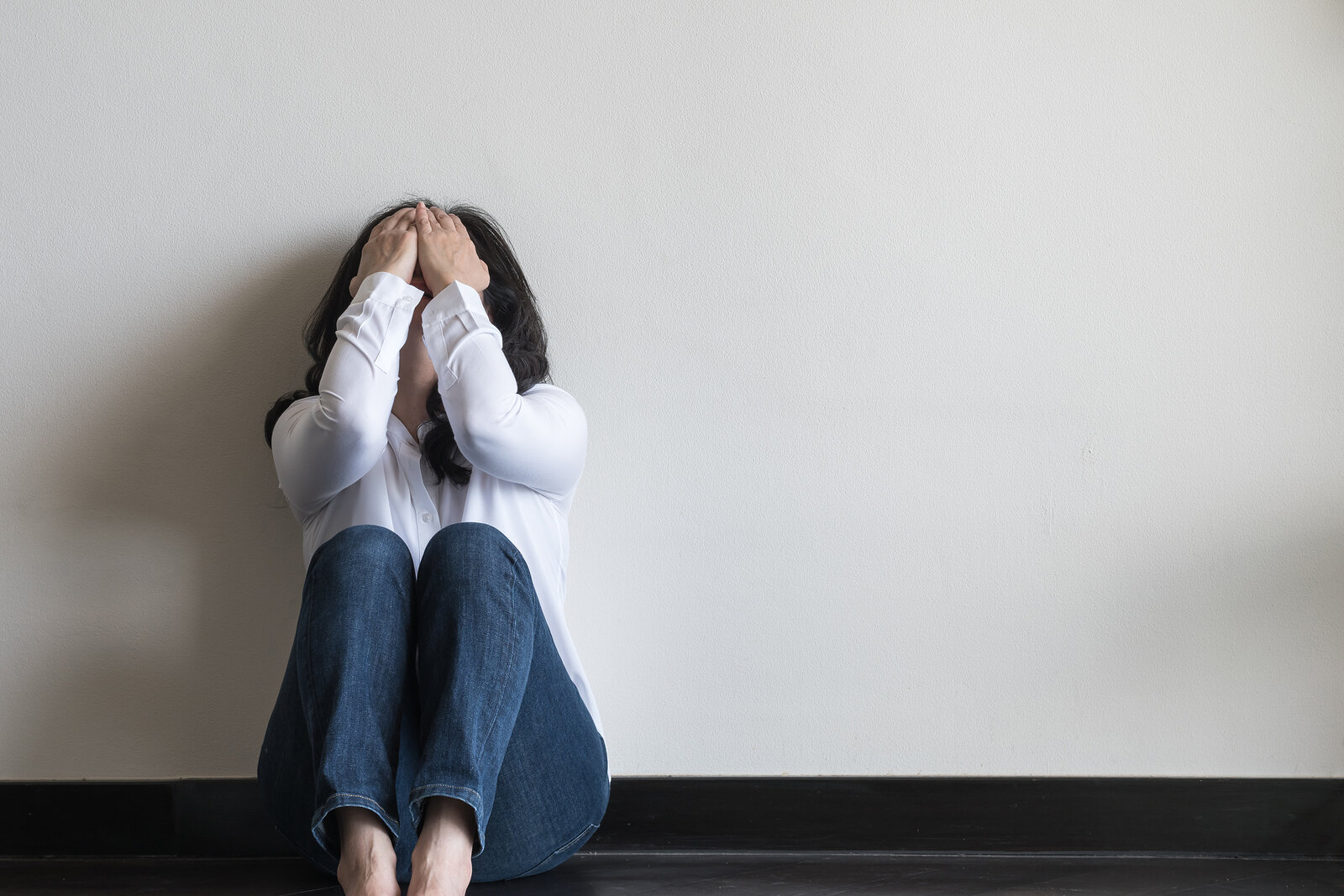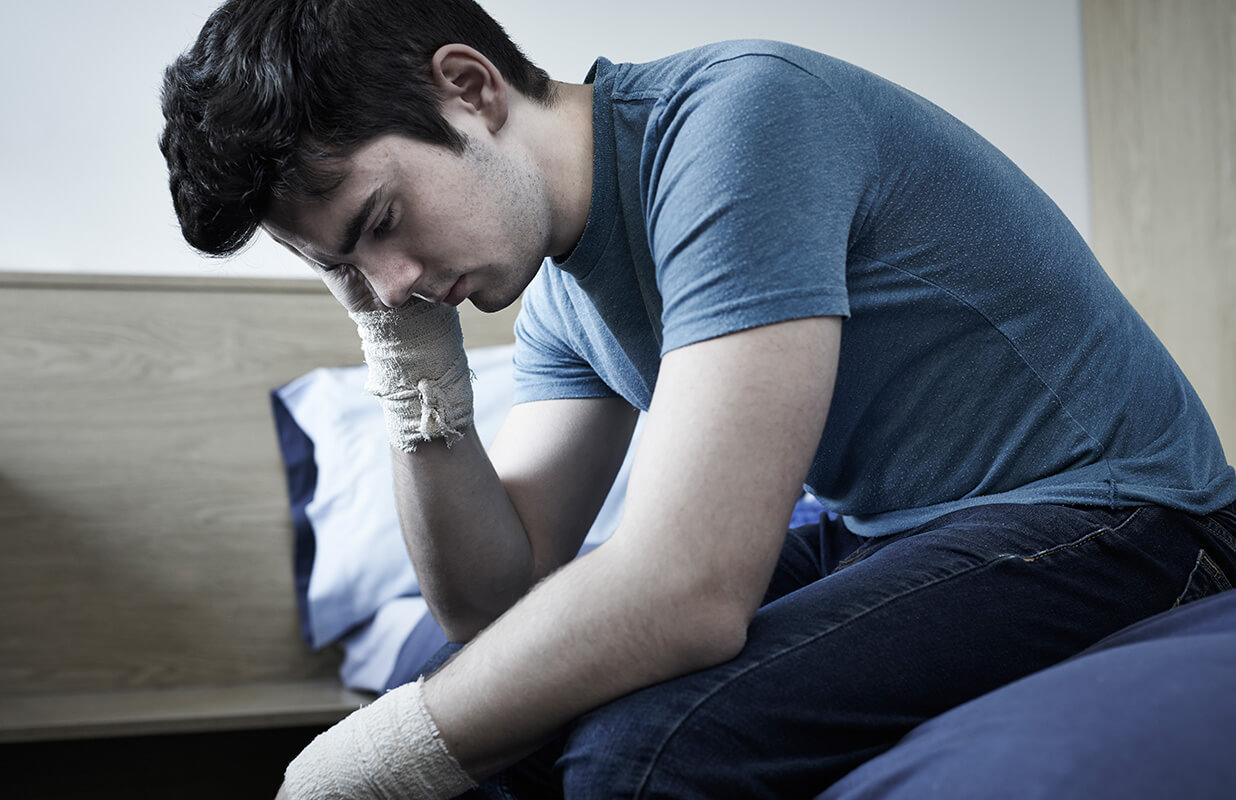How CBD Helps To Reduce Anxiety And Stress
The oral use of cannabis to relieve anxiety is documented in a Vedic literature from circa 2000 BCE, and it is one of the plant's most prevalent applications throughout cultures. While THC can make some people feel more anxious, it can also make some people feel less anxious. However, it has been consistently found that CBD helps to reduce anxiety and stress when it is present in higher amounts in the cannabis plant. CBD has been demonstrated to reduce anxiety in a variety of animal and human studies.
Author:Suleman ShahReviewer:Han JuMay 02, 202271 Shares1.6K Views

The oral use of cannabis to relieve anxietyis documented in a Vedic literature from circa 2000 BCE, and it is one of the plant's most prevalent applications throughout cultures. While THC can make some people feel more anxious, it can also make some people feel less anxious. However, it has been consistently found that CBD helpsto reduce anxiety and stresswhen it is present in higher amounts in the cannabis plant. CBDhas been demonstrated to reduce anxiety in a variety of animal and human studies. The activity in the limbic and paralimbic brain areas appears to be related to the stress-relieving effect.
A 2012 research review assessed a number of international studies and concluded that CBD has been shown to reduce anxiety, and in particular social anxiety, in multiple studies and called for more clinical trials. Two years later, researchers in an animal study related to stress and the endocannabinoid system wrote that augmentation of the endocannabinoid system might be an effective strategy to mitigate behavioral and physical consequences of stress.
These data suggest that chronic CBD administration in stressed mice has an anxiolytic effect by enhancing endocannabinoid-mediated signaling through its proneurogenic action in the adult hippocampus.
What Is Anxiety?
Anxiety is a tension, unease, or anxiety that occurs when there is no immediate danger. Fear, on the other hand, is the body's natural reaction to impending peril.
Anxiety is a natural response to stress in the body, and it can be beneficial at times by making you more aware and ready to act.
Anxiety disordersare distinct from normal sensations of anxiety. Many of us experience anxiety when confronted with stressful events, but if the anxiety persists, it may become chronic. An anxiety disorder can develop when feelings of dread or anxiety become excessive, difficult to manage, or interfere with daily life. In the United States, anxiety disorders are among the most prevalent mental illnesses.

Signs Of Anxiety Disorders
Anxiety is a physical as well as a psychological condition. When we are exposed to a stressful situation, we experience a powerful biochemical chain reaction. Feeling restless or tight, a sense of dread, or having ruminative or obsessive thoughts are all examples of psychological symptoms.
The following are some of the most prevalent symptoms of anxiety disorders:
- Feelings of apprehension
- Anticipating the worst
- Irritability
- Tremors or twitches
- Frequent urination or diarrhea
- Nausea or upset stomach
Different Types Of Anxiety Disorders
Agoraphobia
Agoraphobia is frequently associated with panic disorder, which means that people often have both disorders. It's a terrifying worry of not being able to get out of whatever situation you're in, which might lead to avoiding leaving the house. People with agoraphobia are afraid of circumstances where their anxiety can flare up, and they don't feel safe or comfortable in crowded areas.
Some Other Phobia-Related Disorders
An "excessive and persistent fear of a single object, circumstance, or action" is defined as a specific phobia. People who suffer from certain phobias are aware that their dread is unjustified, but they are unable to control their reaction. Anxiety might be triggered merely by thinking about the circumstance or object linked with the phobia.
Specific phobias can emerge in childhood, but they can also appear suddenly, as a result of a traumatic incident or experience, according to the Anxiety and Depression Association of America (ADAA).

Generalized Anxiety Disorder (GAD)
A disease known as generalized anxiety disorder occurs when your worries become overwhelming. You may be agitated and find it difficult to concentrate on duties. There is a proclivity to worry and anticipate the worse. This is known as catastrophic thinking, and you may be aware that your concerns are unjustified.
Panic Disorder
Panic attacks and panic disorder have varied manifestations. Panic attacks include a wide range of physical symptoms, peaking around 10 minutes and lasting up to 30 minutes. The frequency of these attacks, as well as the presence of a dread of having them, are used to diagnose panic disorder.
Social Anxiety Disorder
Many of us have experienced the anxiety that comes with attending a party, meeting new people, or making a crucial phone call. Those who suffer from social anxiety disorder have heightened versions of these worries, such as extreme fears of being judged by others, which force them to avoid such settings. Most people's phobias of social situations fade away once they've encountered the threatening circumstance. These symptoms, on the other hand, are persistent in social anxiety disorder and typically last at least six months.
How To Take The Medicine - Dosage And Delivery
Patients should collaborate with a healthcare provider that has experience suggesting CBD or medicinal cannabis so that dosage and delivery methods can be tailored to their specific needs. At the same time, well-informed patients can act as their own personal health consultants.
CBD drops, pills, and edibles with a 20:1 ratio or greater are advised. Cannabinoids with a high CBD content can help to alleviate chronic anxiety, cure transient stress, and protect the body from the physiological impacts of both. Anxiety relief is found to be helpful with varieties strong in linalool, a terpene similar to lavender. The strain AC/DC, in particular, is extremely useful.
Always begin with a microdose to assess sensitivity, then gradually increase within the dosage range until symptoms disappear before moving on to the next. In order to alleviate anxiety and stress, a micro to normal dose is usually indicated.
Vaporizing or smoking can help with rapid symptom alleviation. The majority of ingested products take 30 to 60 minutes to take effect and last 6 to 8 hours. In comparison to inhaled treatments, sublingual sprays or tinctures administered as liquid drops take impact rapidly and last longer.
Conclusion
Understanding your stress levels can aid in the development of a strategy for dealing with anxiety and stress. Some people may experience a lack of control, excessive concern, and other undesirable emotions when they are exposed to extreme stress. We can preserve good mental healthas the pandemic progresses by controlling our stress and worry.

Suleman Shah
Author
Suleman Shah is a researcher and freelance writer. As a researcher, he has worked with MNS University of Agriculture, Multan (Pakistan) and Texas A & M University (USA). He regularly writes science articles and blogs for science news website immersse.com and open access publishers OA Publishing London and Scientific Times. He loves to keep himself updated on scientific developments and convert these developments into everyday language to update the readers about the developments in the scientific era. His primary research focus is Plant sciences, and he contributed to this field by publishing his research in scientific journals and presenting his work at many Conferences.
Shah graduated from the University of Agriculture Faisalabad (Pakistan) and started his professional carrier with Jaffer Agro Services and later with the Agriculture Department of the Government of Pakistan. His research interest compelled and attracted him to proceed with his carrier in Plant sciences research. So, he started his Ph.D. in Soil Science at MNS University of Agriculture Multan (Pakistan). Later, he started working as a visiting scholar with Texas A&M University (USA).
Shah’s experience with big Open Excess publishers like Springers, Frontiers, MDPI, etc., testified to his belief in Open Access as a barrier-removing mechanism between researchers and the readers of their research. Shah believes that Open Access is revolutionizing the publication process and benefitting research in all fields.

Han Ju
Reviewer
Hello! I'm Han Ju, the heart behind World Wide Journals. My life is a unique tapestry woven from the threads of news, spirituality, and science, enriched by melodies from my guitar. Raised amidst tales of the ancient and the arcane, I developed a keen eye for the stories that truly matter. Through my work, I seek to bridge the seen with the unseen, marrying the rigor of science with the depth of spirituality.
Each article at World Wide Journals is a piece of this ongoing quest, blending analysis with personal reflection. Whether exploring quantum frontiers or strumming chords under the stars, my aim is to inspire and provoke thought, inviting you into a world where every discovery is a note in the grand symphony of existence.
Welcome aboard this journey of insight and exploration, where curiosity leads and music guides.
Latest Articles
Popular Articles